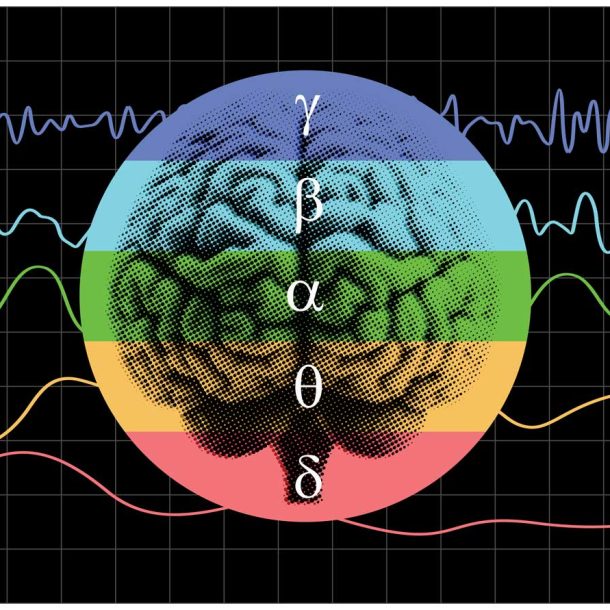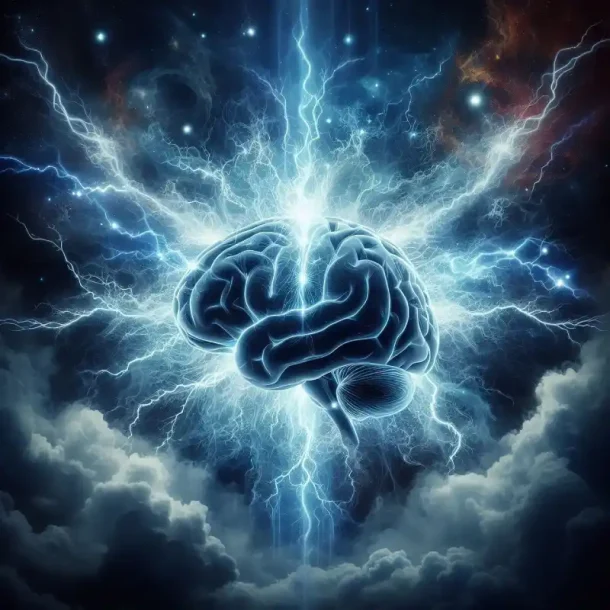
A science-based approach to calming emotional reactivity and regaining control
Anger is often misunderstood. Most people treat it like a character flaw or emotional weakness, but the truth is — anger is a brain-based reaction, not just an emotional one. If you’ve ever said or done something in a moment of rage and later regretted it, you’re not alone. That’s your brain’s emergency systems taking over, not a reflection of who you are.
When we understand anger through the lens of brain health, we move away from shame and toward solution. The good news is that the brain is adaptable — and with the right tools, you can rewire your responses, balance your mood, and protect your relationships.
🔥 What Happens in Your Brain When You’re Angry?
Anger is the result of an imbalance between emotional and logical brain areas, especially during stress or overstimulation.
| Brain Area | Role | During Anger |
|---|---|---|
| Amygdala | Detects threats, triggers fight-or-flight | Overreacts and sees danger even when there is none |
| Prefrontal Cortex | Logic, reasoning, and impulse control | Shuts down under pressure or strong emotion |
| Cortisol (Stress Hormone) | Activates stress response | Surges rapidly, worsens emotional reactivity |
| Vagus Nerve | Controls calm/rest vs. alert/stress mode | Becomes suppressed, keeps you in fight mode |

✅ How to Manage Anger by Supporting Your Brain
The goal isn’t to “suppress” anger, but to regulate it by keeping your brain in balance. Here’s how:
1. Calm the Amygdala (Your Brain’s Alarm System)
When overactive, the amygdala reacts to small stressors as if they’re threats.
Tools to calm it:
🧘♀️ Mindful breathing (inhale 4s, exhale 6s) to reduce amygdala activity
✨ EFT tapping on meridian points has been shown to lower cortisol
🧊 Cold water splash on your face activates the vagus nerve and shifts your body out of fight mode
2. Strengthen Your Prefrontal Cortex (Your Mental Brake System)
This is the brain’s CEO — responsible for thoughtful decision-making and impulse control.
Ways to support it:
✍️ Journaling strengthens emotional awareness and logic
🧩 Puzzles, memory games, or anything that exercises complex thinking
🚫 Reduce sugar and alcohol which impair the prefrontal cortex
3. Balance Your Brain Chemicals (Neurotransmitters)
Certain chemicals play a direct role in how reactive or calm you are.
| Chemical | Role | Natural Boosters |
|---|---|---|
| GABA | Calms the nervous system | Magnesium, green tea, meditation |
| Serotonin | Regulates mood, reduces aggression | Sunlight, tryptophan-rich foods (eggs, turkey), gratitude |
| Dopamine | Motivation and focus | Completing tasks, exercise, listening to music |
| Cortisol | Triggers fight-or-flight | Reduce with breathwork, adaptogens (ashwagandha), quality sleep |
4. Train Your Nervous System to Respond, Not React
If your body is stuck in fight-or-flight, you’ll react to life with tension, defensiveness, and impulsivity.
Simple tools:
🚶♂️ Daily movement (walks, stretching) to release excess stress hormones
🫁 Vagus nerve activation: try humming, gargling, chanting, or cold exposure
😴 Sleep is essential — even one bad night impairs emotional regulation
5. Recognize Your Triggers — and Rewire Them
Anger isn’t just about what happens, but what it triggers in your memory and nervous system.
Try this:
✍️ Reflect: “What pattern keeps repeating when I get angry?”
🧠 Visualize the moment before the anger takes over, and mentally rehearse a new response
This is neuroplasticity — and every time you change your reaction, you’re rewiring your brain.

Helping clients improve brain health and prevent Alzheimer’s through expert coaching.
Navigate

Helping clients improve brain health and prevent Alzheimer’s through expert coaching.
Navigate

Helping clients improve brain health and prevent Alzheimer’s through expert coaching.

